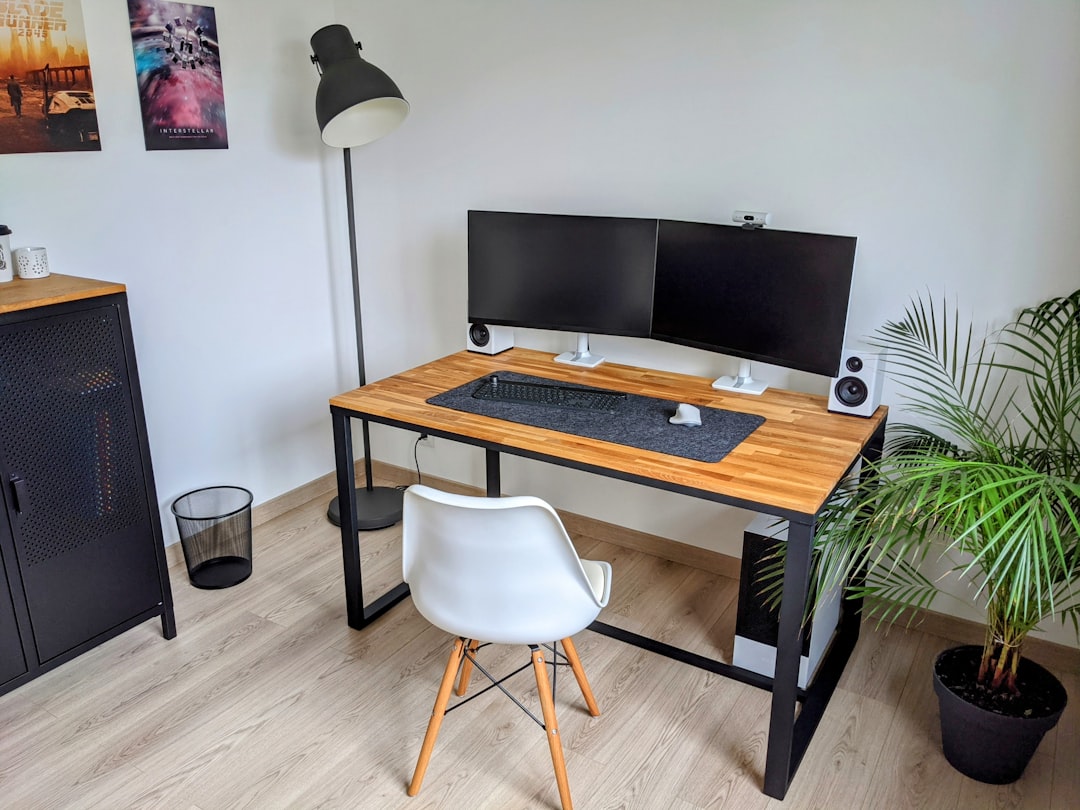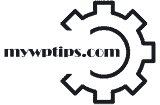In today’s digital landscape, more professionals are turning away from traditional office environments to embrace the freedom and flexibility of remote work. Whether it’s the advent of new technologies, the lifestyle appeal, or global events that have shifted workforce dynamics, remote careers are here to stay. Setting yourself up for a remote career not only involves technical skills but also demands adaptability, proactive planning, and a strong personal brand.
1. Identify Your Remote-Ready Skills
The first step to building a remote career is understanding which of your skills transfer well to remote settings. Remote work favors roles in areas like:
- Software development
- Digital marketing
- Customer support
- Project management
- Writing and content creation
Soft skills such as communication, time management, and problem-solving are equally crucial. Remote work often lacks the immediate feedback of an office setting, so professionals must be capable of operating independently.
2. Create a Professional Remote Workspace
A productive environment is essential for success in a remote career. A clutter-free, dedicated workspace can enhance focus and professionalism during virtual meetings.

Key elements of a good remote workspace include:
- Reliable high-speed internet
- Noise-canceling headphones
- Ergonomic chair and desk setup
- Proper lighting and camera equipment for video calls
3. Level Up Your Tech Game
Being tech-savvy is no longer optional in a remote career. Professionals must stay up to date with tools and platforms that enable remote collaboration, efficiency, and time tracking.
Popular remote tools include:
- Slack and Microsoft Teams for communication
- Zoom and Google Meet for video conferencing
- Trello, Asana, or Notion for project management
- Grammarly, Canva, or Figma for content development
Learning how to use cloud storage like Google Drive or Dropbox effectively is also essential for creating a seamless workflow.
4. Build a Strong Online Presence
Your online profile tells potential employers or clients who you are and what you bring to the table. Create or update your LinkedIn, portfolio website, and other relevant platforms to reflect your skills, experiences, and accomplishments.

Make sure your profiles include:
- A clear headline that reflects your remote capabilities
- Quantifiable achievements and past remote experiences
- Endorsements and testimonials
5. Find and Apply to Remote Opportunities
Remote jobs are available across many platforms, from niche job boards to freelance marketplaces. Consistent browsing and tailored applications will increase your chances of success.
Popular places to find remote work include:
- We Work Remotely
- FlexJobs
- Remote OK
- Upwork and Fiverr for freelancing gigs
Customize your cover letter and resume for each job, emphasizing your remote experiences and digital communication skills. Persistence is key, especially when first starting out.
6. Continue Learning and Evolving
The remote career landscape is always evolving. Stay competitive by continually refining skills, earning certifications, and engaging in professional development activities.
Consider joining remote work communities, attending virtual summits, or participating in industry-specific webinars to stay informed and connected.
FAQ: Setting Yourself Up for a Remote Career
-
Q: Do I need a degree to work remotely?
A: Not necessarily. Many remote jobs prioritize experience and skills over formal education, especially in tech, writing, design, and marketing. -
Q: Can I work remotely internationally?
A: Yes, but you’ll need to consider time zones, tax implications, and local laws. Many companies are now global and open to international talent. -
Q: What are the biggest challenges of remote work?
A: Common challenges include maintaining work-life balance, dealing with isolation, and managing communication effectively across teams. -
Q: How can I stay productive while working remotely?
A: Stick to a daily routine, use productivity tools, set boundaries, and make time for regular breaks. -
Q: How do I showcase my remote work experience on a resume?
A: Highlight remote-specific tools you’ve used, collaborative projects, and achievements you’ve delivered in distributed team settings.
With the right preparation and mindset, a remote career can offer immense freedom and growth. By investing in the right tools, skills, and strategies now, professionals can secure not just a job—but a sustainable and meaningful way of working for the future.
